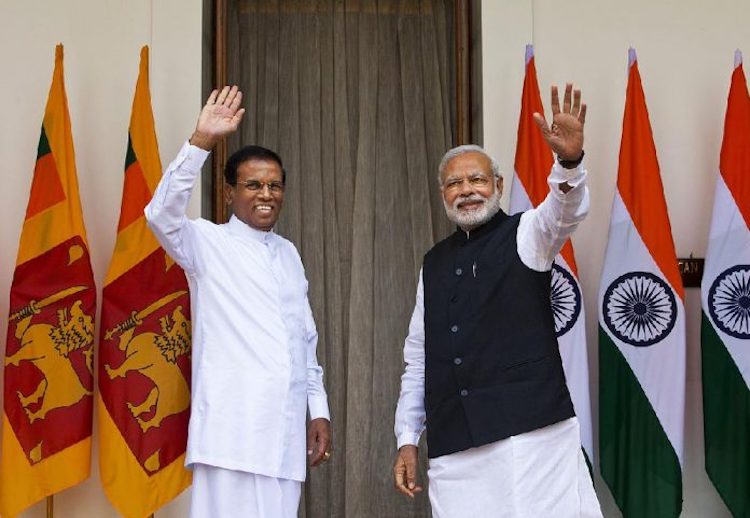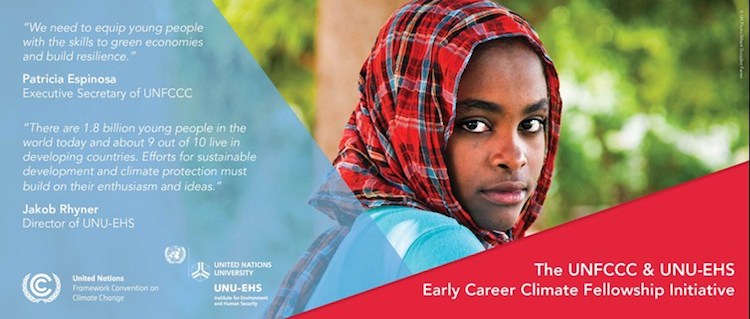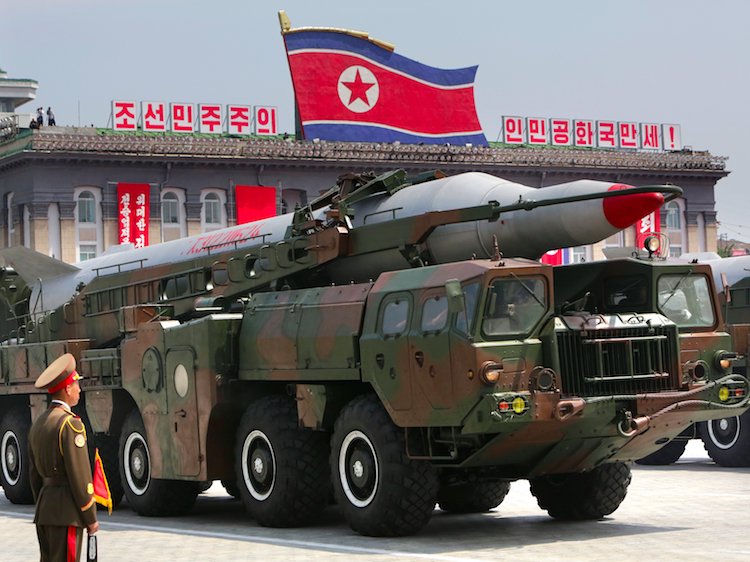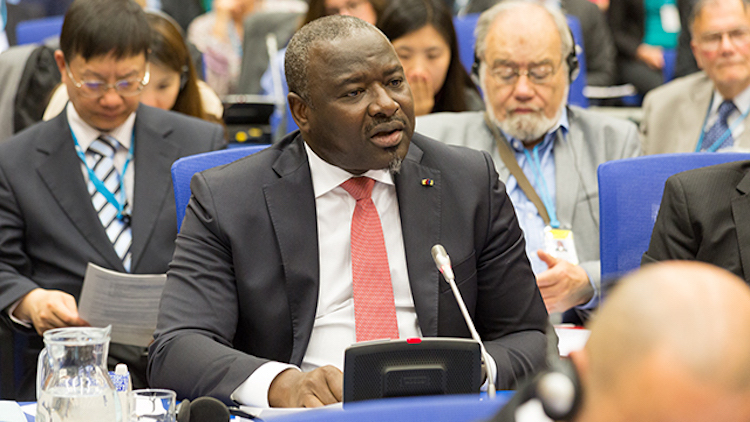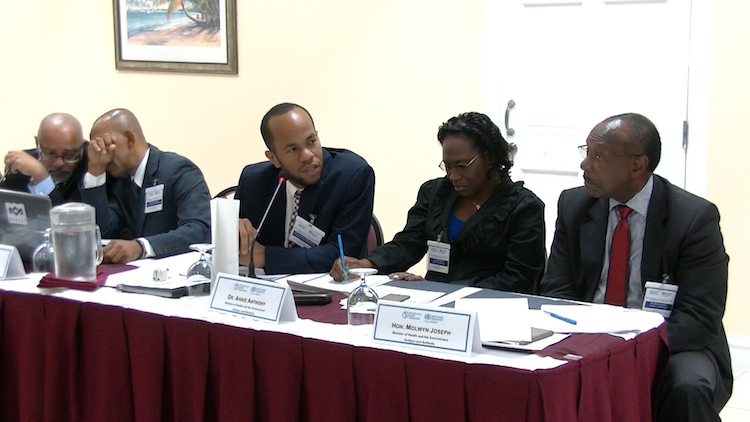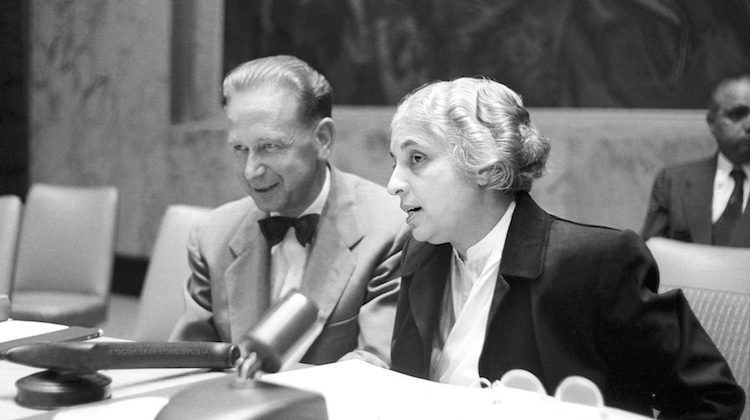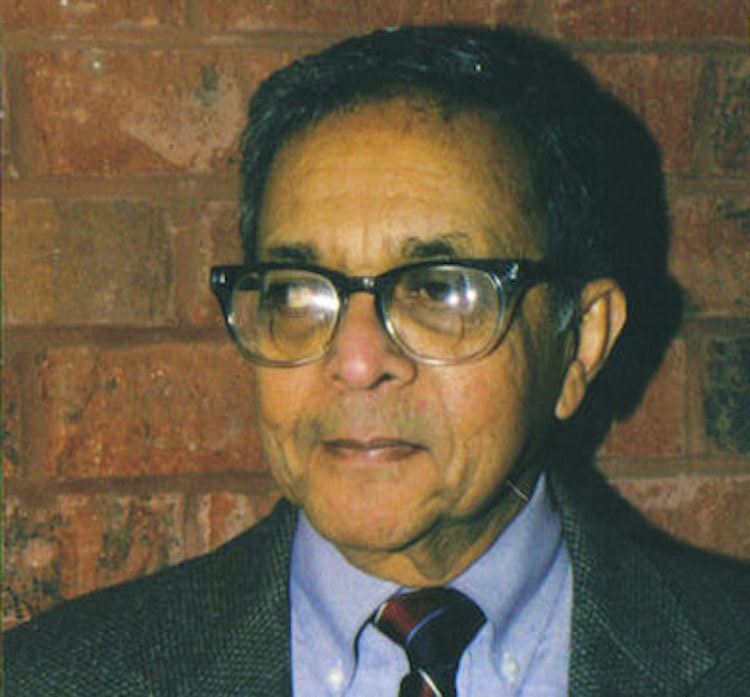Analysis by Kalinga Seneviratne
This article is the 15th in a series of joint productions of Lotus News Features and IDN-InDepthNews, flagship of the International Press Syndicate.
BANGKOK (IDN) – The May 11-12 visit to Sri Lanka by Indian Prime Minister Narendra Modi to attend the UN Day of Vesak festival as a special guest was designed to woo Sri Lanka’s Buddhist majority, but reactions in the Sri Lankan media indicate that it has not succeeded in dispelling their suspicions about “Indian colonialism” of their small neighbour.
“Mahindra and Sanghamitra, the worthy children of King Ashoka made their journey from India to Sri Lanka as Dhamma-doot to spread the biggest gift of Dhamma,” said Modi in his keynote speech to hundreds of international and Sri Lankan delegates at the Chinese-built BMICH convention centre on May 12, referring to the bringing of Buddhism to Sri Lanka in the 3rd century BCE.

